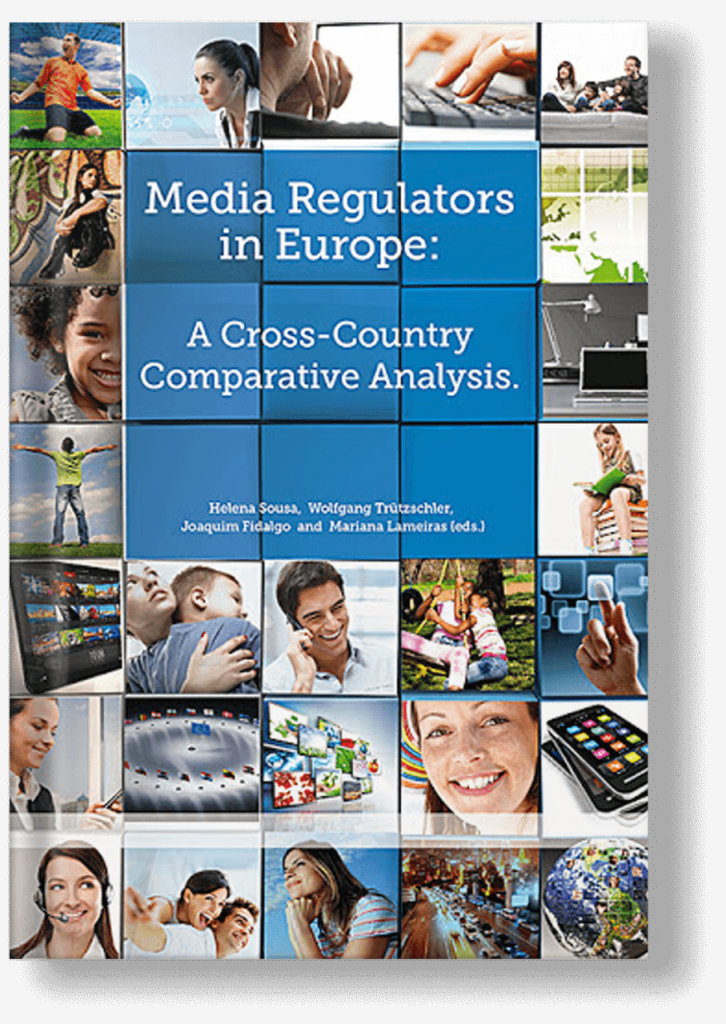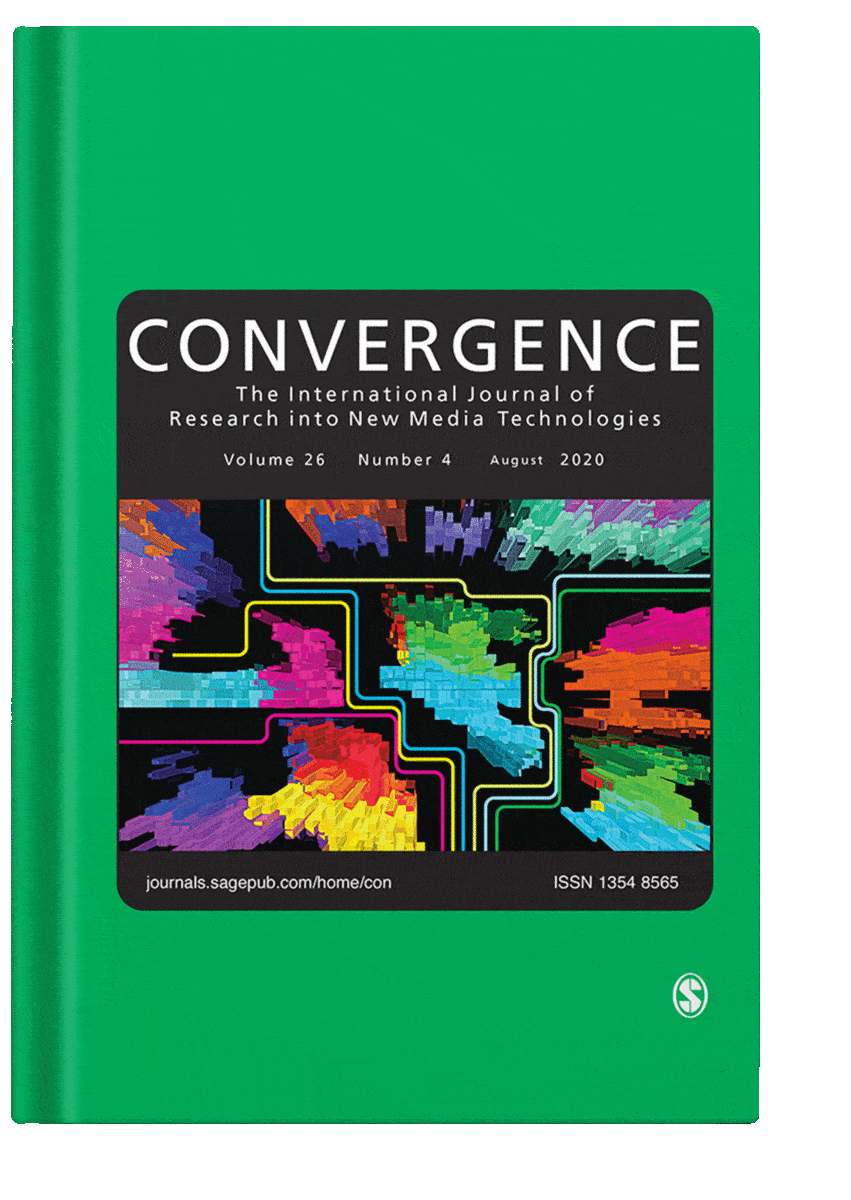The
Euromedia
Research
Group
News
Els de Bens (1940 – 2025)
We mourn the passing of Prof. em. Dr. Els De Bens, pioneering media scholar at Ghent University and founding figure of modern Communication and Media Studies in Flanders, whose work bridged academia, media policy, industry, and society. She helped establish the Faculty of Political and Social Sciences, founded the MICT research group, chaired the Flemish Media Council, and was a founding member of the Euromedia Research Group. We remember her not only for her profound intellectual legacy and impact on generations of students and researchers, but also for her warm and generous heart.
About us
The Euromedia Research Group is a network of European researchers that began life in 1982 as a workshop on media policy, convened by Dr Karen Siune of Aarhus University, within the framework of the European Consortium for Political Research (ECPR). Since then it has continued on its own initiative, changing in membership over time, but with the same working methods and purposes. It aims to collect and exchange information and to develop and apply frameworks that help to describe and analyse developments in media structure and policy in the European region. The core activity of the group has been to meet regularly in each others’ countries and to produce a sequence of books.
Latest publications
Trappel, Josef / Tomaz, Tales (eds.) (2022)
Success and failure in news media performance: comparative analysis in the Media for Democracy Monitor 2021
Gothenburg: Nordicom
How efficient and effective are leading news media in supporting contemporary democracies? In a largescale and diachronic research project over 15 years, scholarly teams around the world assessed leading news media’s performance along 30 relevant indicators. Individual country reports have been published in two volumes by Nordicom in 2021. The third and final volume focuses on horizontal findings across 18 countries worldwide. In 16 chapters, over 30 authors scrutinise successes and failures of the performance of leading news media.
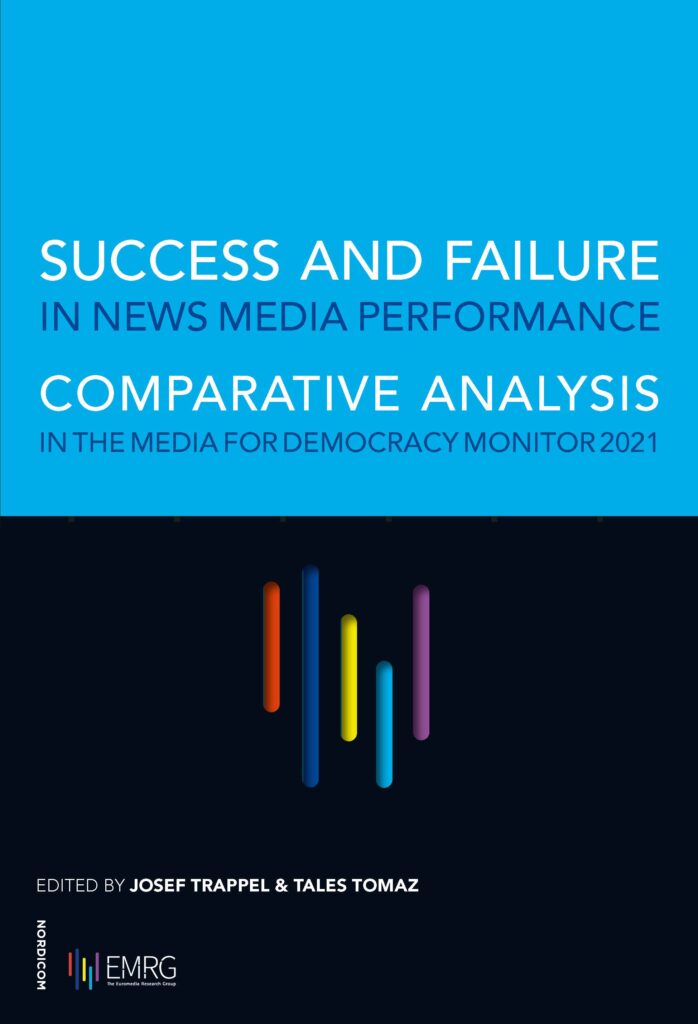
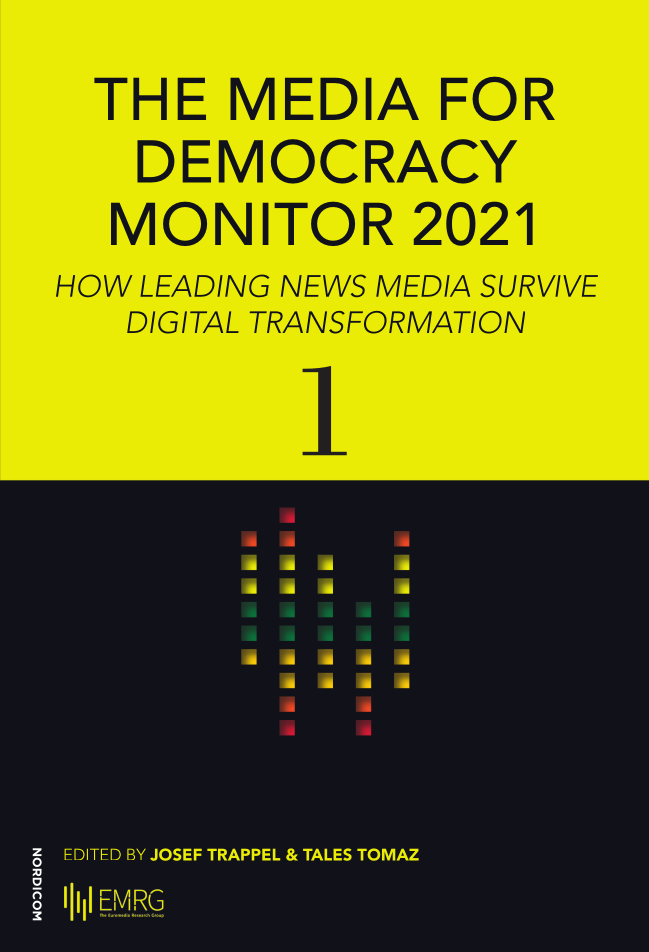
Trappel, Josef / Tomaz, Tales (eds.) (2021)
The Media for Democracy Monitor 2021
How leading news media survive digital transformation
Gothenburg, Nordicom
To what extent do structures and conduct of leading news media correspond with requirements of contemporary democracies? Based on a root concept of democracy and several empirical indicators, the Media for Democracy Monitor (MDM) delivers a panorama of the news media’s performance regarding freedom, equality, and control across several countries. In 2011, the MDM analysed 10 democracies. Ten years later, it covers 18 countries worldwide and pinpoints essential strengths and weaknesses during this decade of digitalisation. Around the globe, news are highly attractive to users, and the journalistic ethos of watchdogs and investigators is paramount. On the downside, journalistic job security eroded over time, and gender gaps both in content and employment patterns remain strikingly excessive in most countries.
Trappel, Josef (ed.) (2019)
Digital Media Inequalities
Policies against divides, distrust and discrimination
Utgivare: Nordicom
Digital technologies are currently changing the way we talk to one another and the way organisations and politics communicates with citizens. But digital does not necessarily mean better understanding. In a new Nordicom anthology, researchers from across Europe explores new inequalities created by the digital transformation.
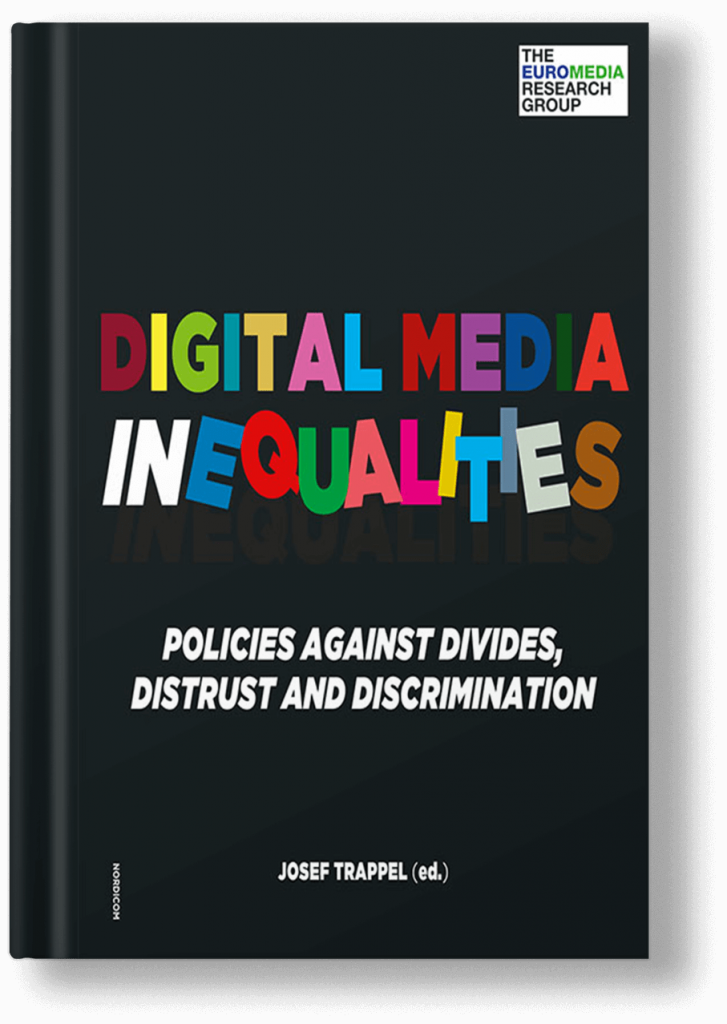
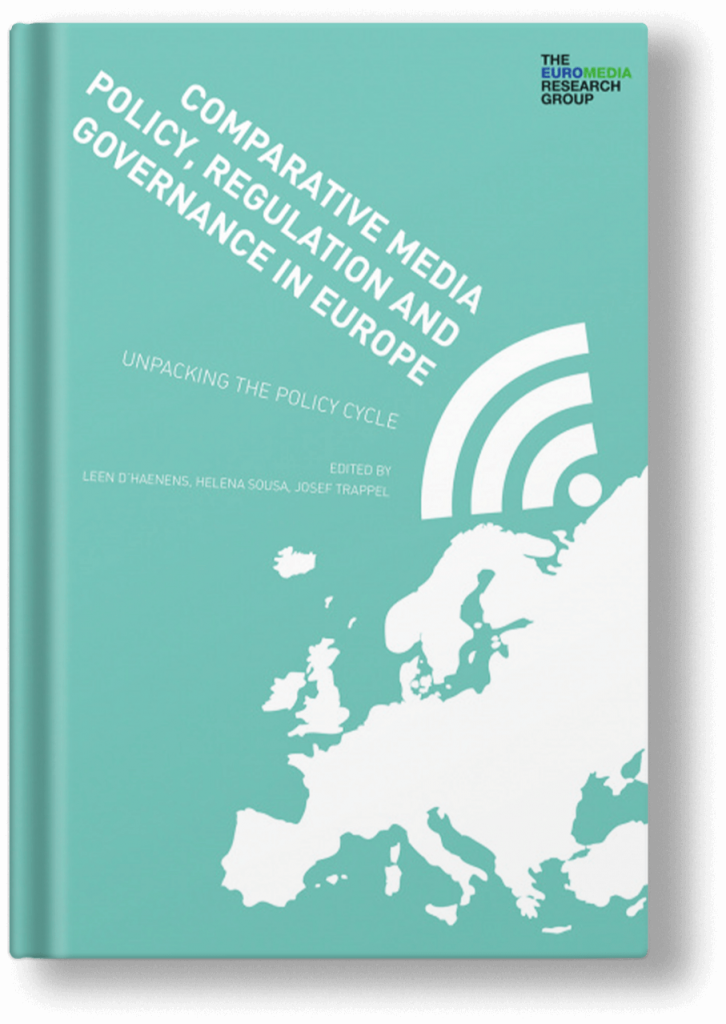
D’Haenens, Leen/ Sousa, Helena/ Trappel, Josef (eds) (2018)
Comparative Media Policy, Regulation and Governance in Europe Unpacking the Policy Cycle
Bristol, Intellect
European media experience a period of disruptive transformation. This textbook maps contemporary media policy and industry activities and assesses critically the implications or new digital technologies on the production, distribution and consumption of the media. Chapters address relevant topics of the current media policy debate, including policies of the European Union and the Council of Europe, governance and internet policy issues, media subsidies and the role of the media in contemporary democracies.
Thanks to the open-access policy of the University of Salzburg, two chapters of the book an be downloaded for free.
Péter Bjomi-Lázar (ed) (2017)
Media in Third-Wave Democracies. Southern and Central/Eastern Europe in a Comparative Perspective
Paris, Budapest: L’Harmattan.
This volume offers comparative studies on media regulation, internet use, journalism cultures, as well as seven country case studies from the two regions, including on Greece, Portugal, Spain, Hungary, Poland, Slovakia and Slovenia. Most papers were presented at a conference organized by the Budapest Business School and the Euromedia Research Group in April 2016 in Budapest.
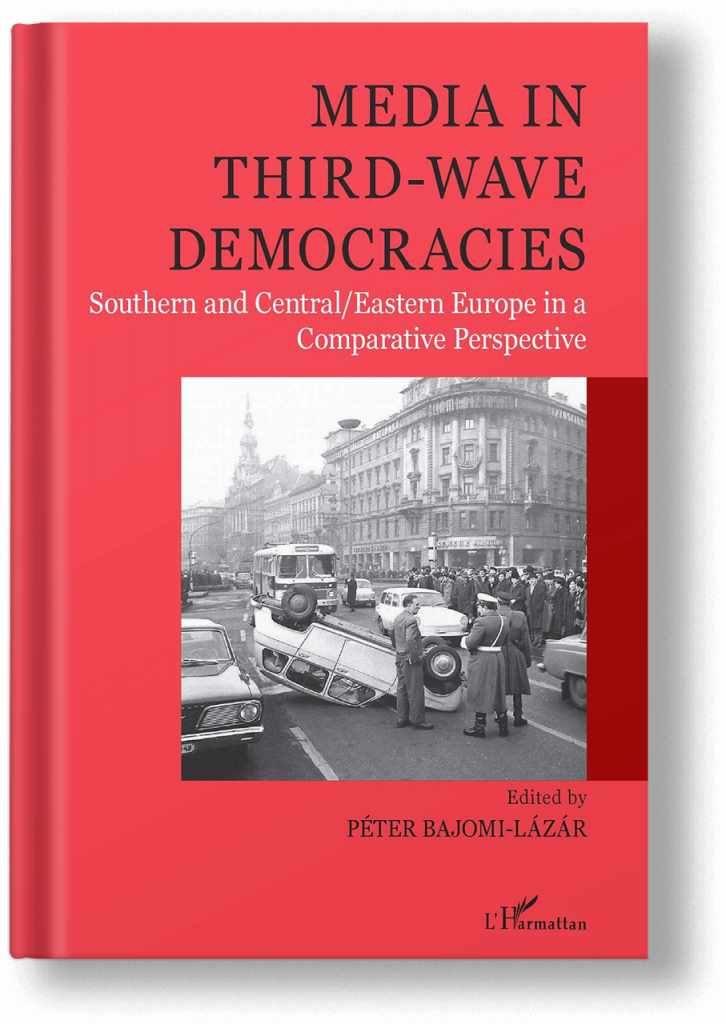
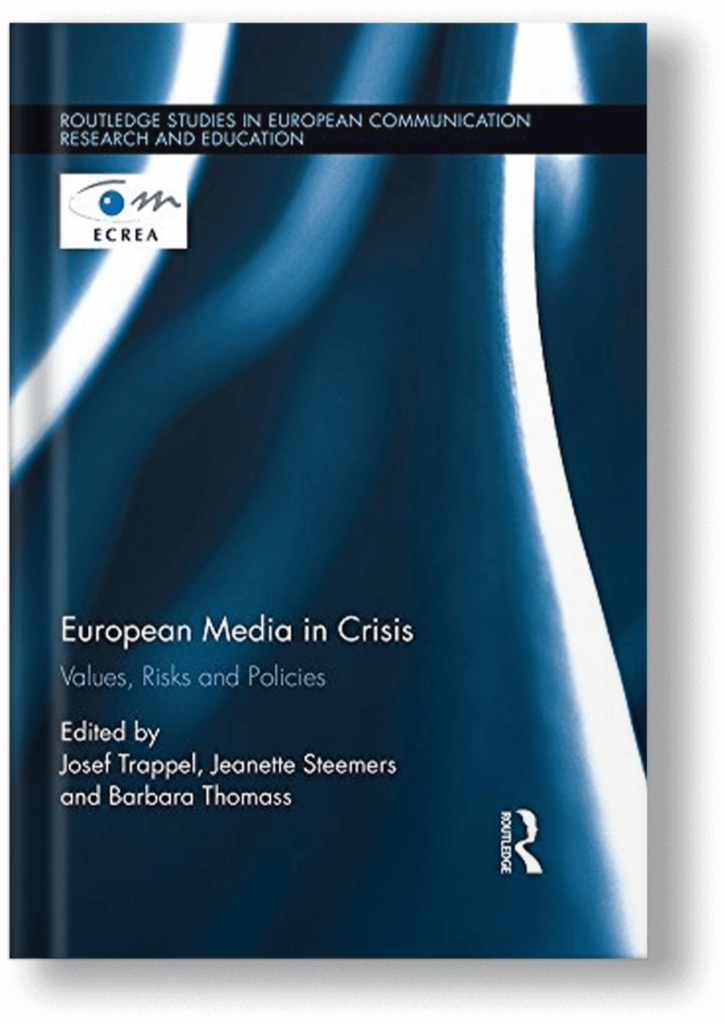
Trappel, Josef / Steemers, Jeanette / Thomass, Barbara (eds) (2015)
European Media in Crisis: Values, Risks and Policies
London, New York: Routledge.
When the financial markets collapsed in 2008, the media industry was affected by a major slump in advertising revenues, and a formerly highly successful business model fell into a state of decay. This economic crisis has threatened core social values of contemporary democracies, such as freedom, diversity and equality. Taking a normative and policy perspective, this book discusses threats and opportunities for the media industry in Europe: What are the implications of the crisis for professional journalism, the media industry, and the process of political communication? Can non- state and non-market actors profit from the crisis? And what are media policy answers at the national and European level?
Sousa, Helena / Trützschler, Wolfgang / Fidalgo, Joaquim / Lameiras, Mariana (eds.) (2013)
Media Regulators in Europe: A Cross-Country Comparative Analysis
Braga: CECS – Communication and Society Research Centre
States around the world are gradually setting up or reconfigurating existing media regulators. The nature and performance of theses bodies vary profoundly from country to country. This book written by members of the Euromedia Research Group and together with other authors aims at gathering and analyzing information about media regulators in Western Europe. Media regulators are supposed to improve the overall quality of the media and they are expected to raise media standards. But do they? And, if so, how and why?
